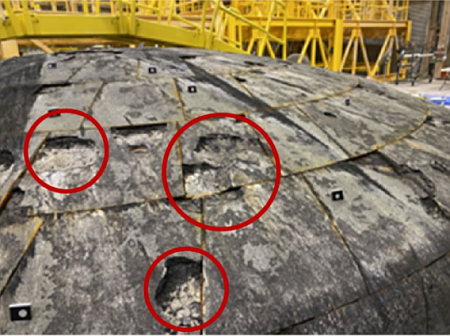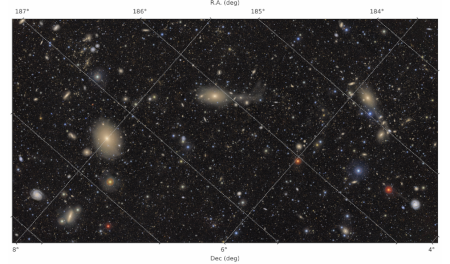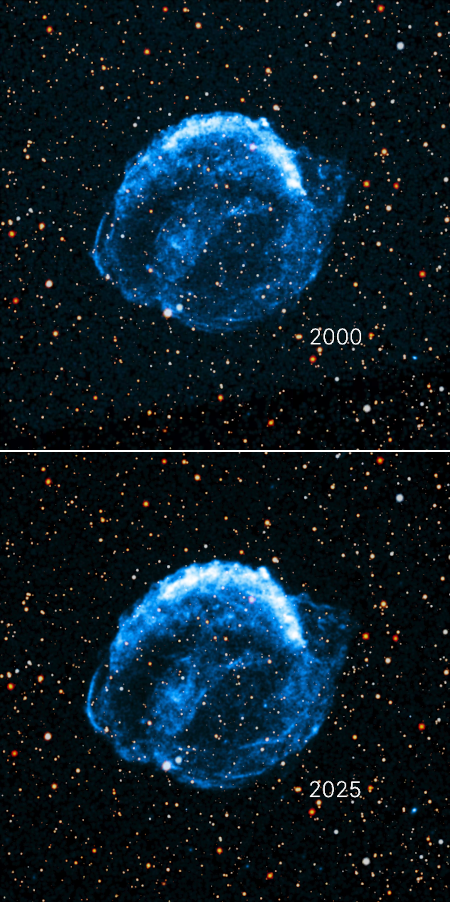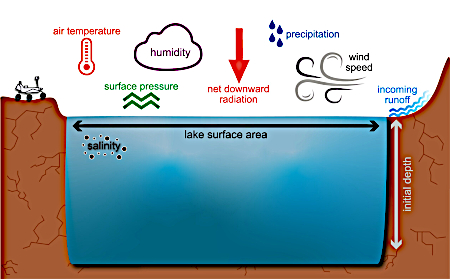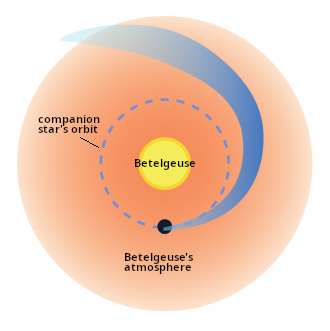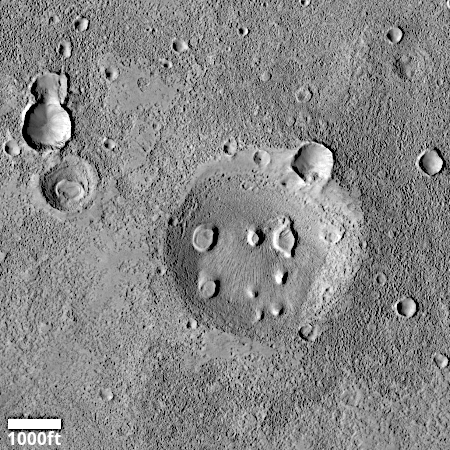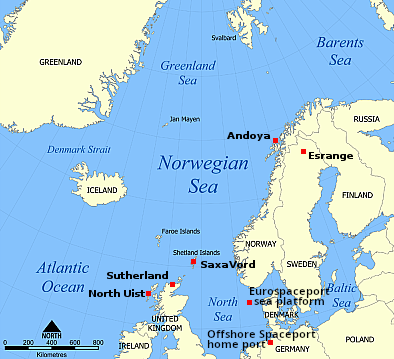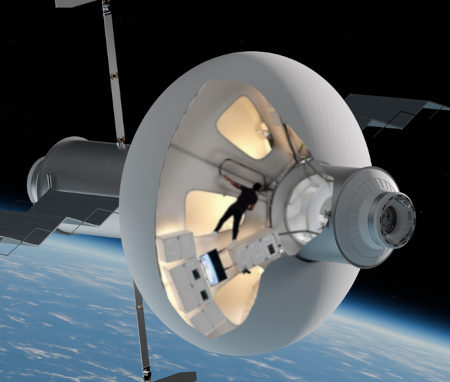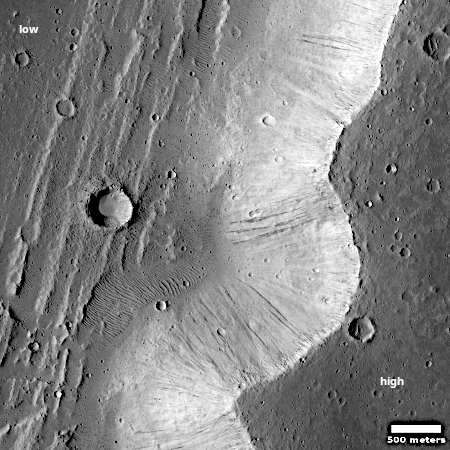Second Escapade Mars orbiter completes a delayed engine burn
Engineers have now successfully placed both Escapade Mars orbiters in their parking orbit, the second orbiter completed the required engine burn after it was delayed due to unexpected telemetry during an earlier mid-course correction burn.
That unexpected telemetry suggested the engine was firing at a lower thrust than expected. Today’s update did not provide any additional information as to how the thrust issue had been solved or overcome. All it said was that both spacecraft will fire their engines in November 2026 as planned to head to Mars.
Engineers have now successfully placed both Escapade Mars orbiters in their parking orbit, the second orbiter completed the required engine burn after it was delayed due to unexpected telemetry during an earlier mid-course correction burn.
That unexpected telemetry suggested the engine was firing at a lower thrust than expected. Today’s update did not provide any additional information as to how the thrust issue had been solved or overcome. All it said was that both spacecraft will fire their engines in November 2026 as planned to head to Mars.

